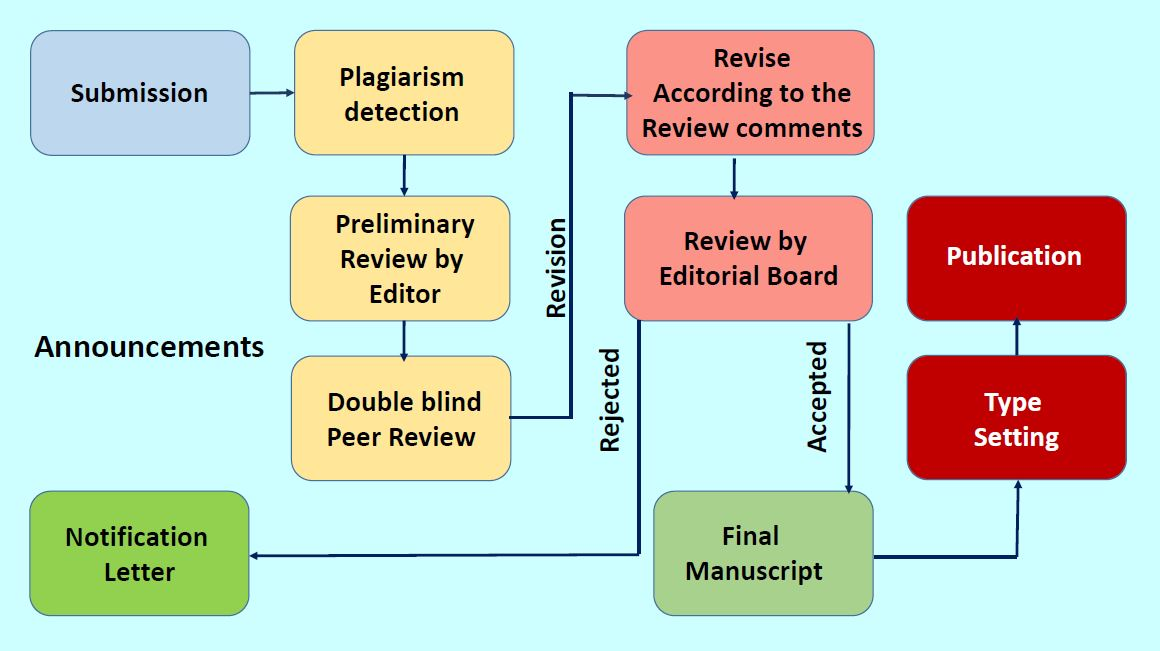Editorial Policy
Focus and Scope. The Journal of Elementary Education (JEE) is an international, peer-reviewed, open access journal that publishes scientific articles primarily but not limited to the area of elementary school education. JEE is especially committed to publishing research papers which inform educational researchers about issues of contemporary concern in education. The basic purpose of the journal is to cover a broad spectrum of education theory and its implications for teaching practice, seeking to bridge and integrate diverse methodological and substantive research. The Editorial Board brings together academics and researchers from different European countries, who seek to promote a vigorous dialogue between scholars in various fields both central and related to scientific enquiry in education. Articles accepted for publication in JEE should address an important, up to date issue in education, apply appropriate research methodology, and be written in a clear and coherent style. Accepted articles should make significant contributions to the field. In addition, JEE accepts articles which promote advances in education from closely related fields, such as cognitive psychology, child development, applied linguistics and others. JEE does not publish articles that have appeared elsewhere or have been concurrently submitted to or are already under consideration for publication in other journals. The languages accepted for the papers eligible for publication in JEE are Slovene, English and German.

Peer Review Process. After a paper is submitted to JEE, the editor/publishing board first establishes if it is within the journal's domain of interests and meets the journal's requirements for style and quality.
- If the paper meets the standard and the concept of the journal, it is sent to reviewers. JEE uses a double-blind review. Papers which are within the journal's domain but do not meet its requirements for style or quality, may be returned to the author for revision.
- Authors will be notified of acceptance or rejection of the article about three months after submission of the manuscript.
- The reviewed papers are returned to the authors with reviewers’ feedback and suggestions for improvement or an indication of the reasons for a rejection.
- The decision regarding publication is made by the editor after considering the reviewers’ recommendations. The editorial board is under no obligation to provide justification for its decision.
- The text of the paper should be edited in accordance with the Submission Guidelines.
- Authors must certify that the data cited in the article are, to the best of their knowledge, accurate, reliable and authentic. When the article is accepted for publication, the author has to sign the Publishing Ethics Statement and the Statement of Authenticity. Manuscripts will also be submitted to plagiarism detection software.


Similarity Check. All submitted manuscripts are screened using the software Detector of Similar Content of the producer University of Maribor, Faculty of Computer and Information Science and other resources to check for instances of overlapping or similar text in previously published articles.